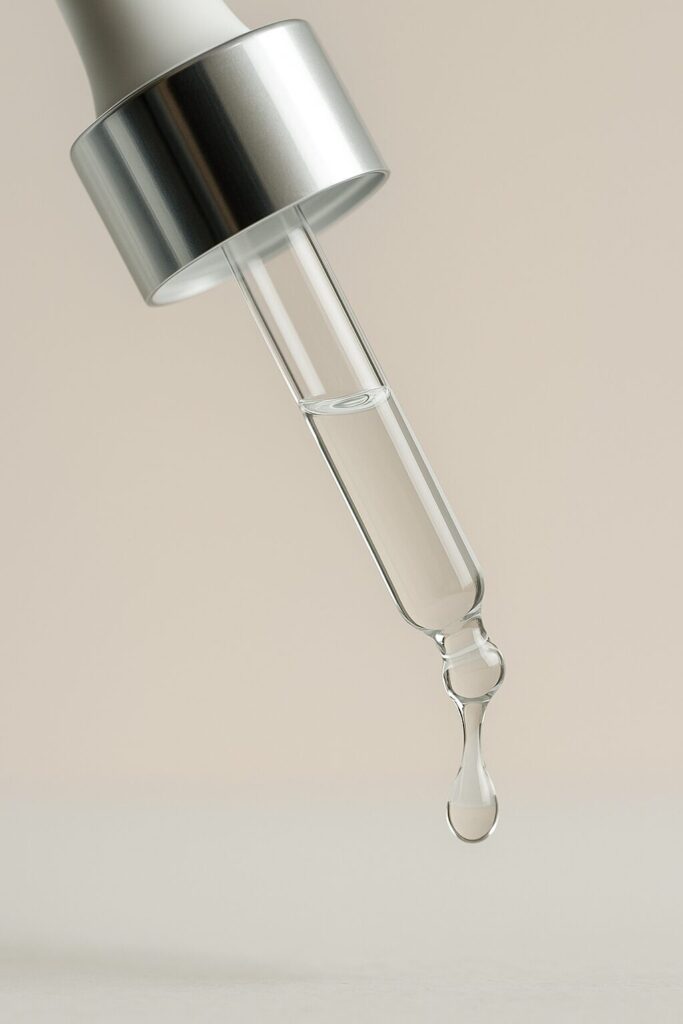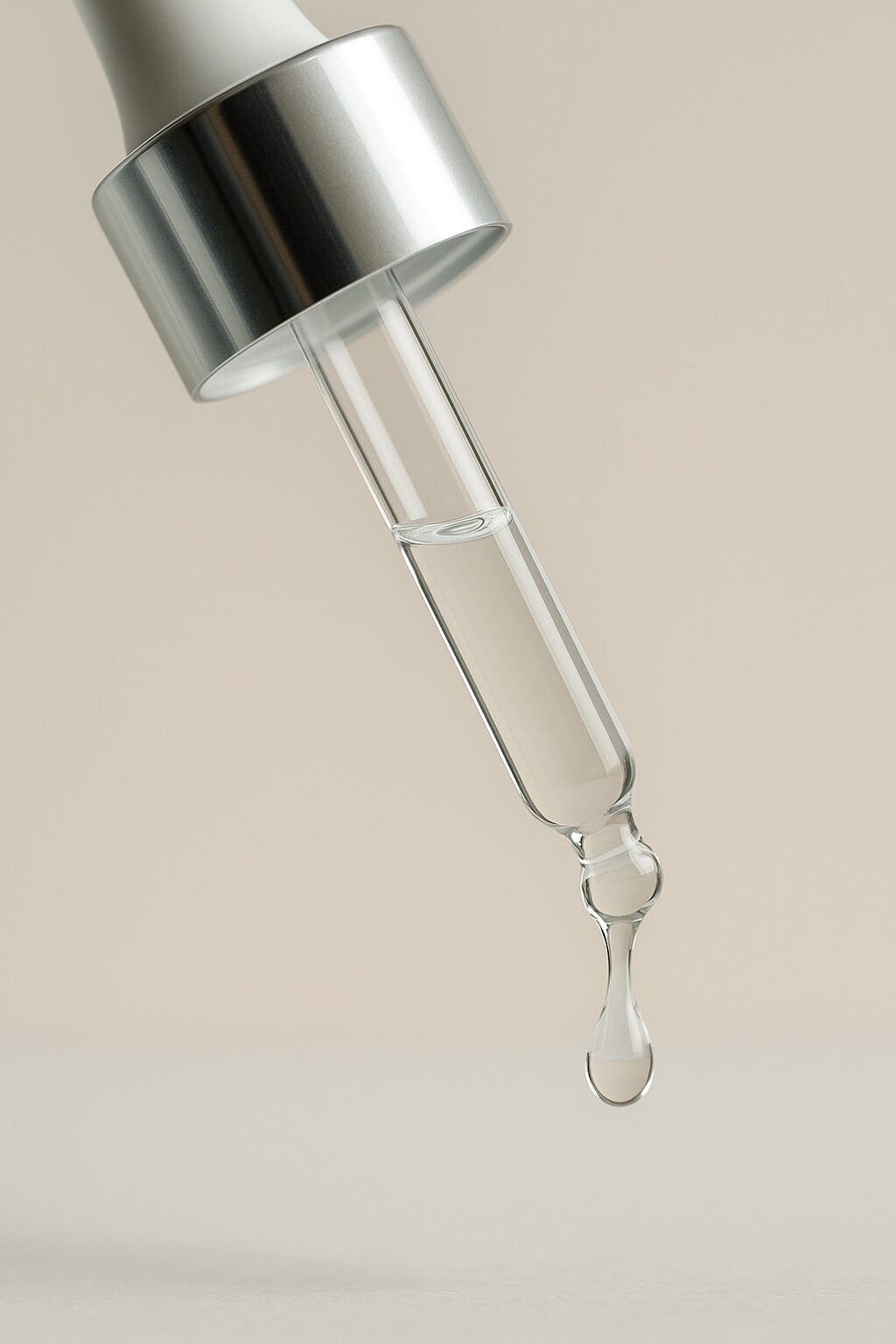Hyaluronic acid (HA) is a naturally occurring substance found in the skin, eyes, and joints. Known as a “moisture reservoir,” it can hold large amounts of water, supporting hydration, elasticity, and lubrication. Today, HA is widely used in skincare, joint health supplements, and medical treatments. This article reviews its main benefits and general considerations.

1. Overview of Hyaluronic Acid
HA belongs to the glycosaminoglycan family and plays a key role in tissue hydration and lubrication. Natural levels decline with age, which may contribute to dryness, wrinkles, and joint stiffness.
2. Skin Hydration and Elasticity
HA may bind and retain water molecules, improving skin moisture and reducing dryness. Regular use through creams or supplements may help improve elasticity, smooth fine lines, and support a healthier appearance.
3. Anti-Aging and Skin Protection
By reducing oxidative stress and supporting collagen activity, HA may delay visible signs of skin aging. Combined with nutrients such as collagen and elastin, it could enhance skin renewal and resilience.
4. Joint Health
HA is a main component of synovial fluid in joints, providing lubrication and shock absorption. Supplementation or injections may reduce stiffness and discomfort, particularly in people with osteoarthritis.
5. Eye and Tear Film Support
HA is also present in the eyes, where it may help maintain tear film stability and relieve dry eye symptoms. Many eye drops contain HA as a key ingredient for hydration.
6. Wound Healing and Recovery
HA may support tissue repair by reducing inflammation and promoting new cell growth. It is often used in topical treatments for burns, wounds, and skin recovery.
7. Dosage and Safety
HA is available in supplements, topical creams, injections, and eye drops. A general supplement range is 100–200 mg daily. It is usually well tolerated, though professional guidance is recommended for injectable use.
🍀
Hyaluronic acid may help maintain skin hydration, support joint comfort, and slow visible signs of aging. While results may vary, including HA as part of a balanced skincare and wellness routine could promote long-term benefits.
References and Further Reading
World Health Organization (WHO) – Skin Health and Hydration
National Institutes of Health (NIH) – Hyaluronic Acid Overview
PubMed – Hyaluronic Acid and Joint Health Studies
※ This article is for general informational purposes only. Individual needs may vary, and professional consultation is generally recommended before supplementation or injection treatments.
